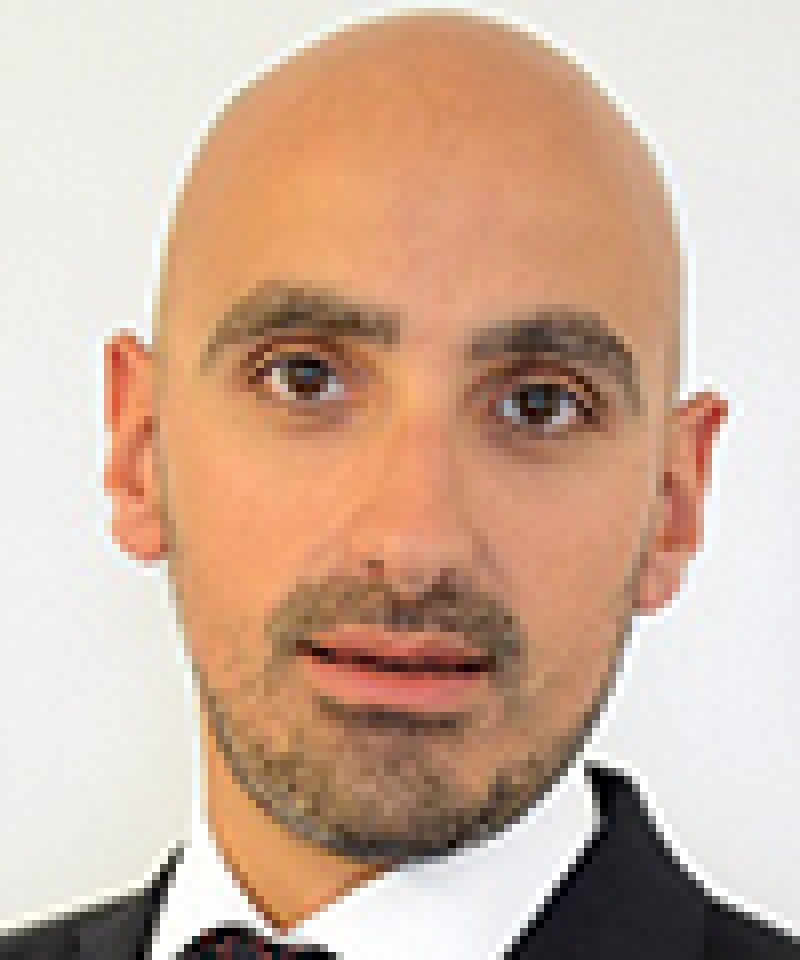
|

|
|
Donald Vella |
Kirsten Cassar |
With effect from January 1 2015, new VAT rules have come into force which determine where supplies of telecommunication, broadcasting and electronically supplied services are taxable. In terms of the amended provisions of the Maltese VAT Act, in line with corresponding changes at EU level, the place of supply of these services when supplied to a non-taxable person (that is, customers not registered for VAT) in other EU member states will be the place where that person is established, has his permanent address or usually resides.
During February 2015, the Maltese VAT Department published guidance on the definition and scope of "electronically supplied services" with the intention of facilitating the implementation of these new VAT rules and clarifying some of the uncertainty which had arisen. ?
The guidance provides a non-exhaustive list of those services which should not be regarded as "electronically supplied services" for the purposes of the application of the amended Malta VAT Act. The indicative list includes the following:
The purchase of goods over the internet or an electronic network, where the order is processed electronically;
The purchase of services over the internet or an electronic network, where the order is processed electronically but the services are delivered in a traditional manner, such as accommodation, car-hire, restaurant services and passenger transport;
The offering of a facility for the placing of bets on the internet or via an electronic network in connection with live horse races and other live sporting events;
The offering of a facility for internet gambling pursuant to the streaming of a live casino event.
Such guidance is particularly welcome given that the term "electronically supplied services" has been defined for Malta VAT purposes to include games of chance and gambling games. This led to uncertainty for Maltese operators as not all forms of online gaming are exempt in all EU member states and different member states apply different rules in determining whether a service is exempt or not. For example, some member states distinguish between games of chance and games of skill while not all member states are in agreement on what actually constitutes a game of skill and what constitutes a game of chance. There are also certain EU member states which have no VAT exemption applicable to online casino games. This situation left operators based in member states such as Malta facing the prospect of paying VAT in other states for the first time.
The Maltese VAT Department's interpretation qualifies the scope of the definition of "electronically supplied services" by including the exceptions listed above, such as certain placing of bets online and certain forms of internet gambling, and is a positive development in this regard. Nonetheless, businesses should continue to assess the effects of the 2015 changes on their supplies at an EU level and will need to consider any further business implications which may arise.
Donald Vella (donald.vella@camilleripreziosi.com) and Kirsten Cassar (kirsten.cassar@camilleripreziosi.com)
Camilleri Preziosi
Tel: +356 2123 8989
Website: www.camilleripreziosi.com









